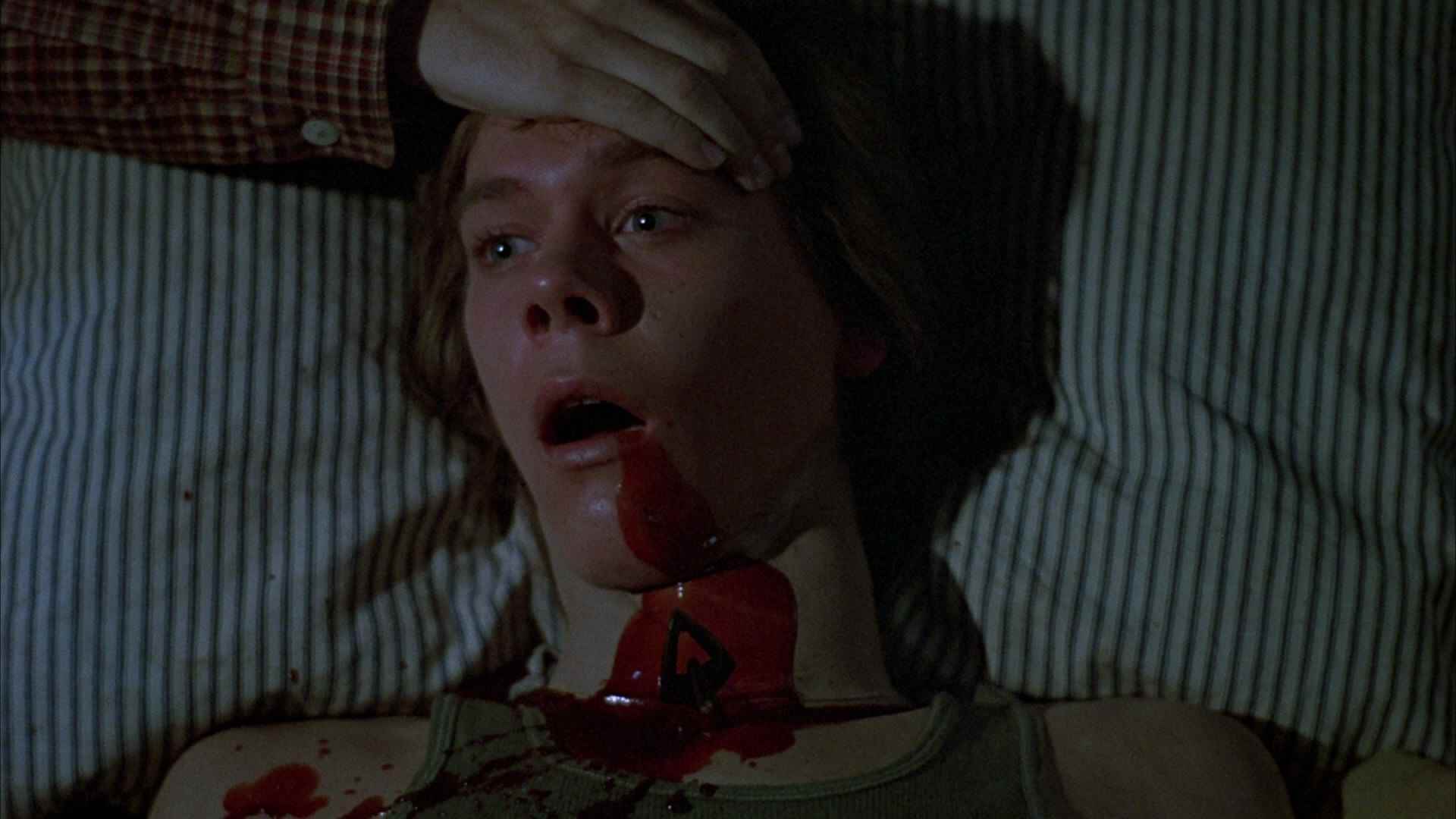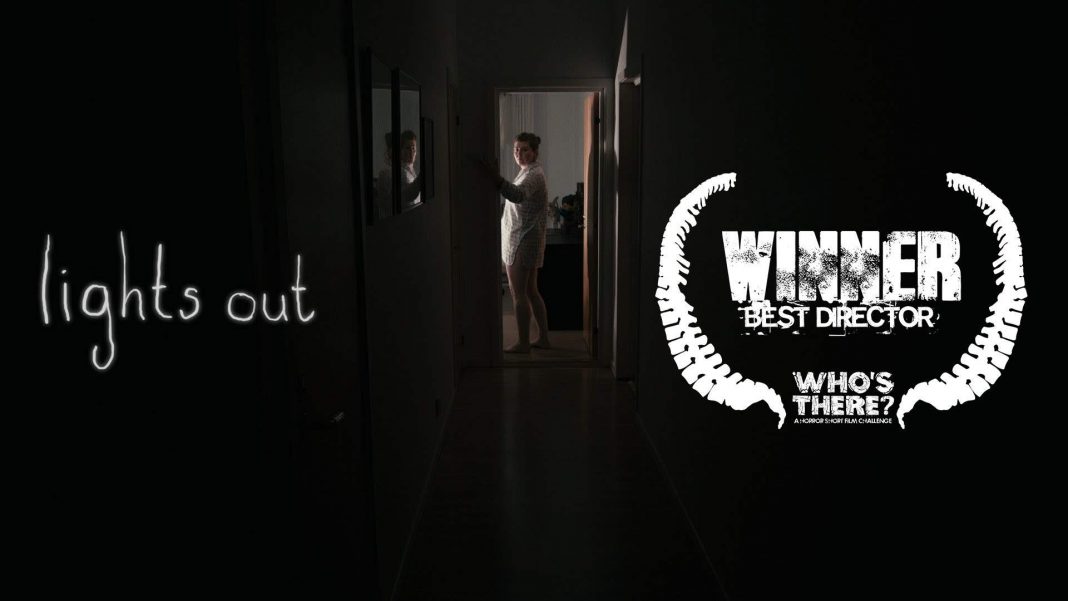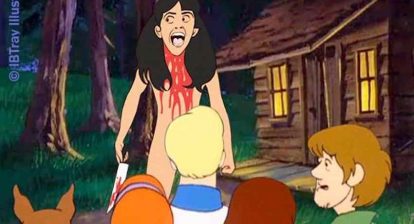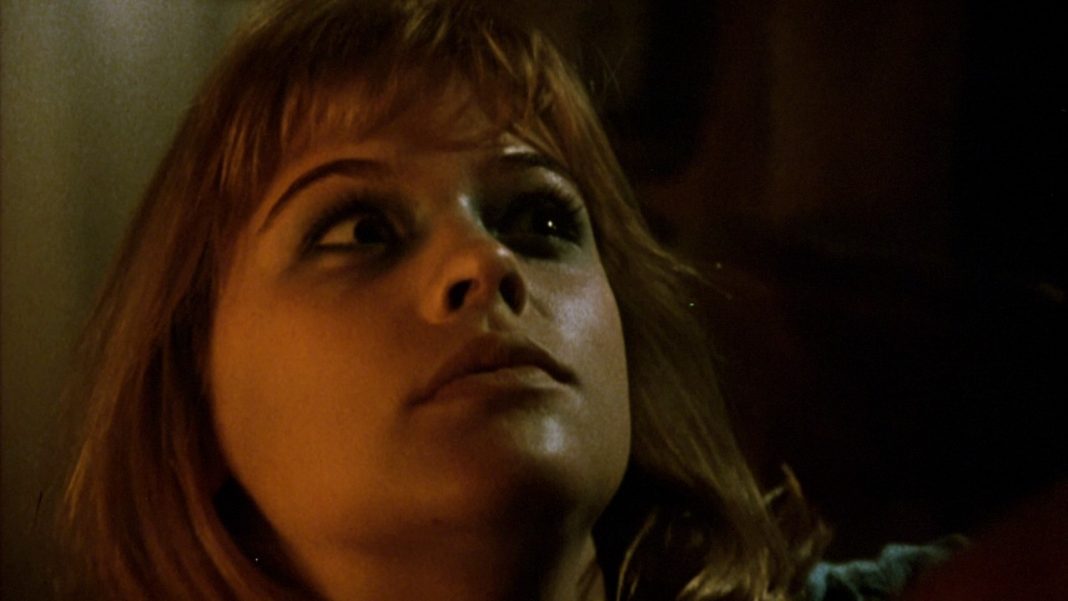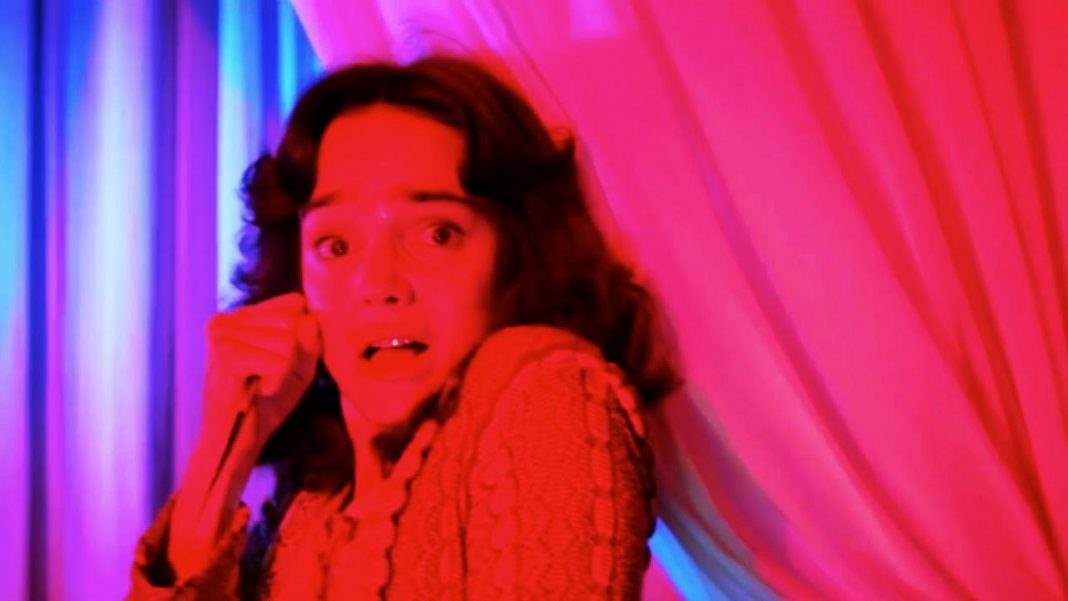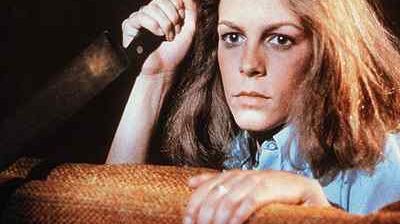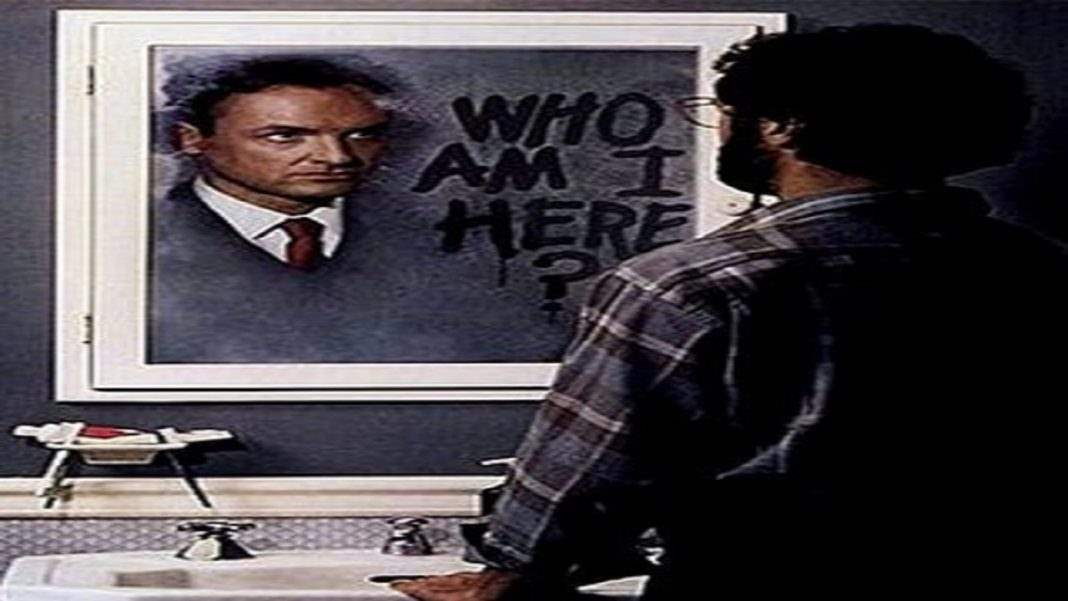There are many horror films in the genre’s long history that are now lauded as classics. But they weren’t always. Some movies that are beloved now were critical disasters when they were first released. There’s a lot that can change over time. It’s much easier to go back and look at a movie after the fact, without all the press and the hype and examine it on its own. Or, as is most often the case, once people start liking something others just jump on the bandwagon and claim they always adored it as well. Whatever the case, human beings are fickle and opinions change over time. This is very fortunate, or else the following movies may never have found their audience or gotten their well-deserved acclaim.
Friday the 13th
It didn’t invent the slasher genre but Friday the 13th definitely set the standard and enforced a template that would prove successful in countless films to follow. The movie was an enormous success at the box office and it is now often regarded as a classic of the genre. Audiences loved it and continually flocked to see it in the summer of 1980 but it was a disaster with critics. Its most famous reception came from beloved critics Gene Siskel and Roger Ebert, who campaigned against the film and campaigned even harder against its subsequent sequels. Siskel called director Sean Cunningham “one of the most despicable creatures to ever infest the movie business.” He even went as far as to publish addresses for Paramount owner Charles Bludhorn and actress Betsy Palmer, encouraging people across the world to write in their hate mail and express their contempt for the people involved. This is pretty ironic when you consider it. The movie was harmless, but actions like this really aren’t. The feature received a Razzie nomination for Worst Picture and Betsey Palmer for Worst Actress.
Hellraiser struck a nerve with the hardcore horror crowd almost immediately but by and large it was dismissed by critics, despite its financial success. Roger Ebert was the most outspoken against the movie, calling it “without wit, style or reason” and said that it had a “bankruptcy of imagination.” Jonathan Rosenbaum of The Chicago Reader stated that it was “minor, grisly fun, but don’t expect the movie to linger when it’s over.” Of course, years later, the sheer imaginative force of Hellraiser would be one of the most highly praised aspects of the film. After almost three decades, it is still holding at only a 63% fresh rating on Rotten Tomatoes. Its sequel, Hellbound, which is also highly praised by horror fans and genre enthusiasts is still rated as rotten.
Now hailed as one of the best science fiction movies of all time and regarded as being among the best horror movies ever madee, Alien opened in 1979 to some incredibly negative reviews. Siskel and Ebert both hated the movie, claiming that it was “basically a haunted house thriller set on a spaceship” which they would restate years later when talking up the film’s intelligence. They also both called it a “real disappointment.” Variety, Sight and Sound, and renowned critic Leonard Maltin were also immediately dismissive of the film. But as word of mouth spread, the film began to gain traction and garnered more and more positive reviews as time went on. The movie would even eventually even be included on Roger Ebert’s list, Great Movies.
Perhaps the most iconic slasher film and also one of the best horror movies of all time, Halloween opened to an utter lack of success. John Carpenter even had to dismiss the movie as a total failure and was already working on his next project before he learned of Halloween’s success. That’s because it had virtually no audience for its first few weeks. Initial reviews were entirely negative. Writing for The New Yorker, Pauline Kael disregarded the film as unoriginal and totally derivative of other filmmakers work, also claiming “it satisfies part of the audience in a more basic, childish way than sophisticated horror pictures do” as her highest point of praise. Other reviews followed, claiming the movie didn’t work. It was one review that changed everything for Halloween. The Village Voice writer Tom Allen stated that Halloween was “a movie of almost unrelieved chills” and claimed that it stood up next to Night of the Living Dead and Psycho. This glowing review was naturally slapped on the movie’s poster and from there, Halloween’s luck began to change.
Stephen King is not shy about his distaste for Stanley Kubrick’s film version of The Shining. In fact, people love to frequently discuss how crazy the author is for not seeing Kubrick’s version as a masterpiece every time he brings it up. But those people need to understand that when The Shining was first released, almost everyone sided with King. His novel had been a big success and the movie took many liberties with the source material, abandoning its character-driven themes to focus on broader topics. Variety stated that “Kubrick has teamed with jumpy Jack Nicholson to destroy all that was so terrifying about Stephen King’s bestseller.” The movie was one of the few Kubrick films to receive no Oscar nominations and instead received Razzie nominations for Worst Picture and Worst Actress. It was a financial success almost right off the bat but actually took quite a while to gain the incredible amount of critical acclaim it now holds. The movie is often cited as one of the best (if not the best horror) movies ever made.
